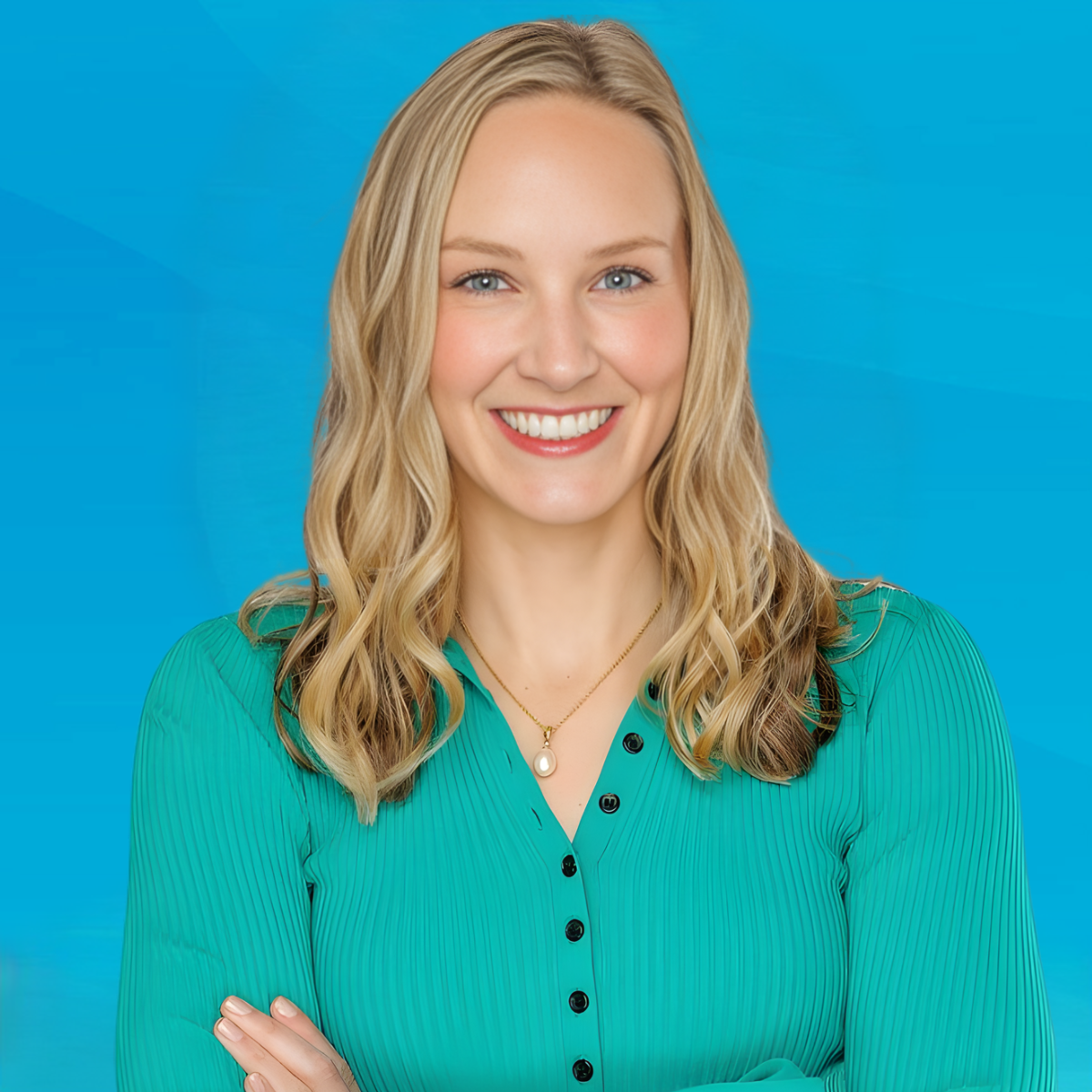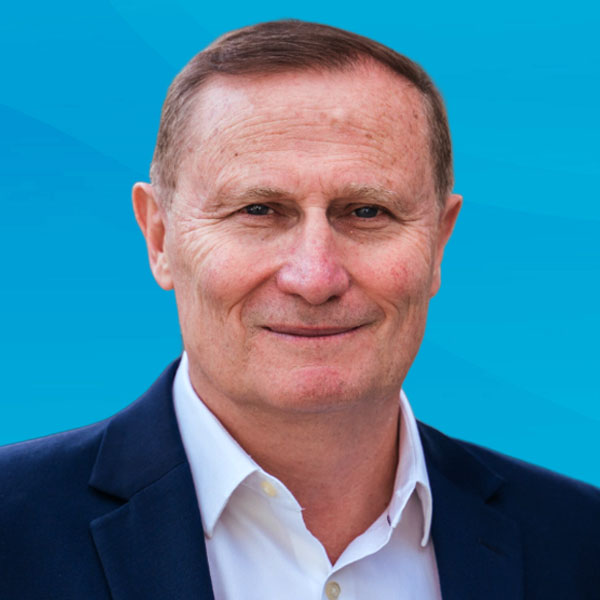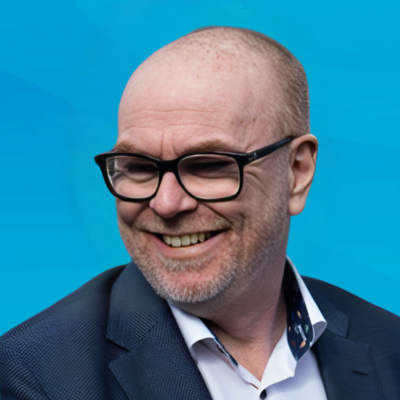Not everyone is born to become a recruiter, but this may be the case for our special guest, Rachel Filby. When her father convinced her to pursue a career in recruitment, she never hesitated and firmly believed that it was one of the best decisions of her life. In her first year with Michael Page, she became a top biller, and she now runs her own recruitment agency, RF Recruitment.
In this episode, you will hear about the specific success factors that led to her becoming a top performer and how she transitioned to becoming a consistently successful solopreneur.
Rachel has 20 years of recruitment experience, initially working for one of the largest recruitment agencies in the world.
In the Financial Times Survey 2024, Rachel Filby was recognized as one of the top 150 recruiters in the UK.
Episode Outline and Highlights
- [01:09] How Rachel got into recruiting and how she became the number one biller at Michael Page.
- [11:21] Five success factors in becoming a top billing perm recruiter in the UK in her first year.
- [19:33] Thought process that motivates Rachel’s sense of urgency.
- [25:22] Discussion on rapid career trajectory and development as a leader.
- [32:00] Launching RF Recruitment agency during COVID and while integrating family life.
- [40:55] Rachel reveals her typical day-to-day process (past-present-future approach).
- [48:13] Best practices on lead generation and business development.
- [1:00:55] Rapid fire questions – business model, tech stack, etc.
Five Success Factors of Becoming the Top Biller in Her First Year as a Recruiter
Rachel initially wanted a career in media, but her father recommended that she take recruitment as a career path. At 21, she started her career with Michael Page and became a top biller in her first year! Although she primarily attributes her success to the great training she received from Michael Page, I found five success factors that could resonate well with many aspiring recruiters who also plan to become future recruitment business owners:
- Commitment to Training and Preparation: Rachel took her training seriously, treating it with the level of commitment often reserved for seasoned professionals.
- Strong Work Ethic and Dedication: Her willingness to work long hours and focus on her tasks set her apart.
- Genuine Passion for People: Her empathy and listening skills allowed her to build meaningful relationships and understand individuals’ unique needs, making her a trusted advisor during critical moments in their careers.
- Focus on High Activity Levels and KPIs: Rachel consistently met or exceeded her KPIs, which ensured a steady pipeline of candidates and opportunities.
- Sense of Urgency and Speed: Rachel’s natural inclination for urgency enabled her to act swiftly on opportunities.
Together, these factors, along with the right mindset and strategy, propelled Rachel to outstanding success in her first year as a recruiter. This also led to a strong career trajectory, with her getting an early promotion as a manager.
Using the Past-Present-Future Approach in Day-to-Day Business
As a recruitment solopreneur, Rachel can find it challenging to handle the end-to-end process of her business due to capacity challenges. This is also on top of her duty as a mother, as she places high value on taking care of her kids. I wanted to know her day-to-day process and how she can sustain her momentum in successfully running her business with consistent billing and client acquisition.
She explained, “I kind of separate my, my thought process and on my business in kind of three areas. So it’s past, present, and future.”
She elaborated that the “past” means protecting the money she made or existing relationships. This entails a lot of aftercare and ensuring that relationships are continuously maintained.
The “present” is explained as “Then I have kind of the present, which is jobs I’m currently recruiting, candidates I’m currently working with. That’s my kind of here-and-now. So, you know, I guess there’s a bit of a sweet spot of how many jobs, you know, you have that you can do a really good job on within the time that you have. And you don’t really want too many more than that or too many less than that.”
The “future” refers to business development and lead generation to secure the source of the next job.
Do you also apply the same approach to your business
Best Practices on Lead Generation and Business Development
When discussing the “future” principle, I wanted to pick Rachel’s brains on her approach to business development and lead generation and how much time she spends in this aspect of her business. Below are some takeaways:
1. Proactive and Low-Pressure Engagement
Rachel consistently monitors her niche market, staying updated on who’s hiring and when they might need her services. She engages early in the recruitment process without expecting to immediately win the job, allowing her to build rapport without pressuring the client.
2. Intentional Targeting and Tailored Communication
Her outreach is bespoke and personal—whether it’s a phone call, LinkedIn message, or email—avoiding generic marketing materials in favor of tailored communication that resonates with potential clients.
3. Prioritizing Connection Through Calls
Despite the prevalence of digital communication, Rachel emphasizes the power of phone calls as the foundation of strong client relationships. She supplements this with phone, email, and LinkedIn follow-ups to ensure she remains on their radar.










